Infrastructure
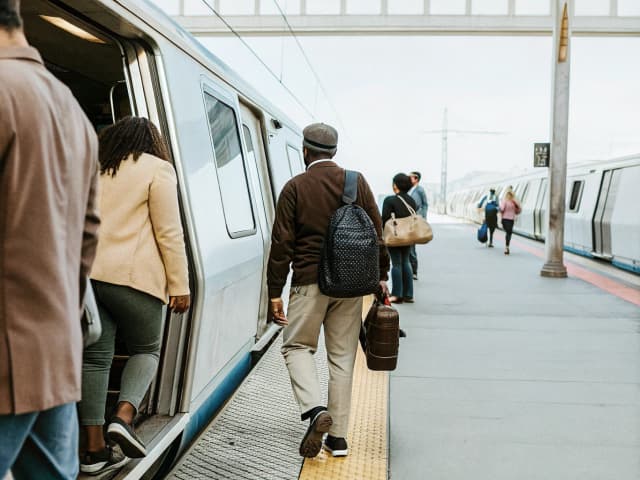
San Francisco Bay area: local revenue measure: public transit funding.
Establishes a public transit revenue district to fund Bay Area transit with districtwide and SF rates. Requires voter approval at the statewide election. Implements phased financial efficiency reviews with an oversight committee and maintenance of effort rules. Allows withholding up to seven percent of funding for noncompliance.
San Francisco Bay area: local revenue measure: public transit funding.

Establishes a public transit revenue district to fund Bay Area transit with districtwide and SF rates. Requires voter approval at the statewide election. Implements phased financial efficiency reviews with an oversight committee and maintenance of effort rules. Allows withholding up to seven percent of funding for noncompliance.
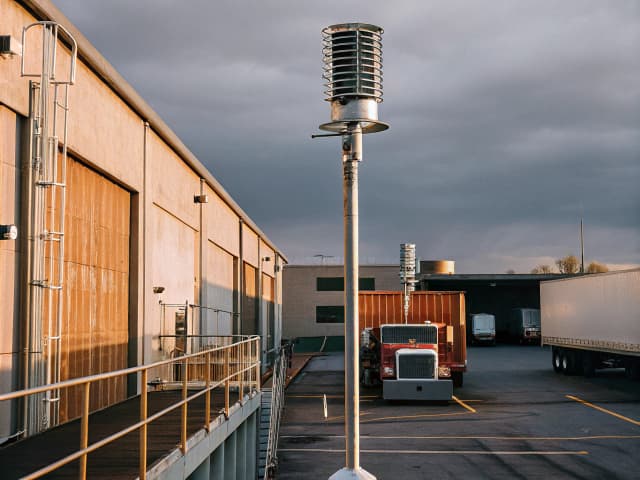
Planning and zoning: logistics use developments: truck routes.
Makes technical changes to clarify logistics definitions and harmonize standards.
Planning and zoning: logistics use developments: truck routes.

Makes technical changes to clarify logistics definitions and harmonize standards.
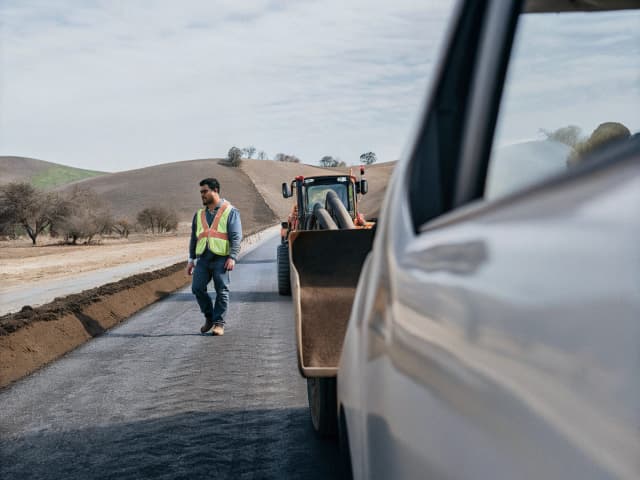
County road commissioner: Counties of Madera and Tehama.
Authorizes Tehama and Madera to abolish the road commissioner when duties move to DPW. Exempts the DPW director from needing a special permit, registration, or license. Requires civil engineering tasks to be performed by a registered civil engineer under the director's authority. Provides no state funding; counties bear transition costs.
County road commissioner: Counties of Madera and Tehama.

Authorizes Tehama and Madera to abolish the road commissioner when duties move to DPW. Exempts the DPW director from needing a special permit, registration, or license. Requires civil engineering tasks to be performed by a registered civil engineer under the director's authority. Provides no state funding; counties bear transition costs.
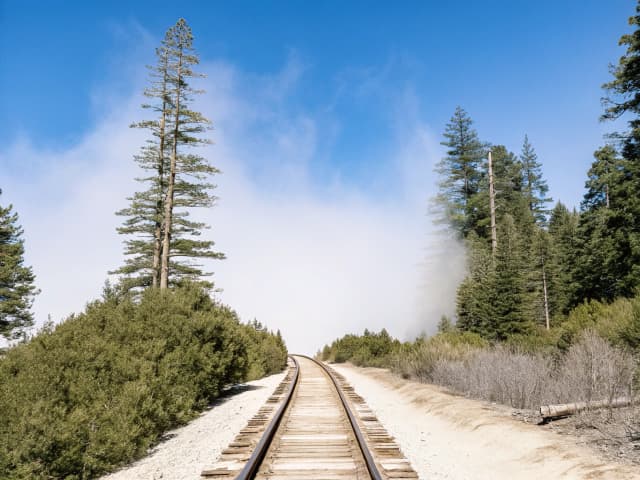
The Great Redwood Trail Agency.
Establishes the Great Redwood Trail Agency as a state subdivision. Requires the board to adopt an annual budget and conduct regular audits. Exempts the agency from local building and zoning rules, with limited property exceptions. Requires competitive bidding for work not performed by agency staff and bonds for bidders.
The Great Redwood Trail Agency.

Establishes the Great Redwood Trail Agency as a state subdivision. Requires the board to adopt an annual budget and conduct regular audits. Exempts the agency from local building and zoning rules, with limited property exceptions. Requires competitive bidding for work not performed by agency staff and bonds for bidders.
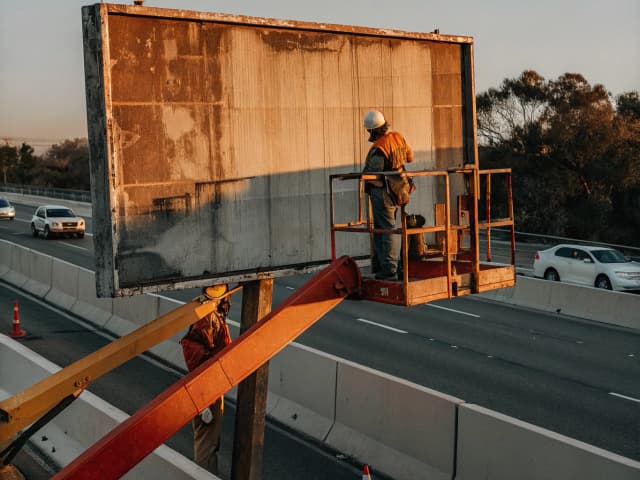
Advertising displays: City of Los Angeles: exemption: ordinance.
Establishes LA’s exemption framework with flexible signage cap and phased rollout. Requires state certification and minimum standards compliance before placement. Mandates federal review; FHWA approval if needed; bans tobacco, firearms, and explicit ads. Imposes 500-foot spacing, on-site exemptions, and 30-day compliance with indemnity.
Advertising displays: City of Los Angeles: exemption: ordinance.

Establishes LA’s exemption framework with flexible signage cap and phased rollout. Requires state certification and minimum standards compliance before placement. Mandates federal review; FHWA approval if needed; bans tobacco, firearms, and explicit ads. Imposes 500-foot spacing, on-site exemptions, and 30-day compliance with indemnity.
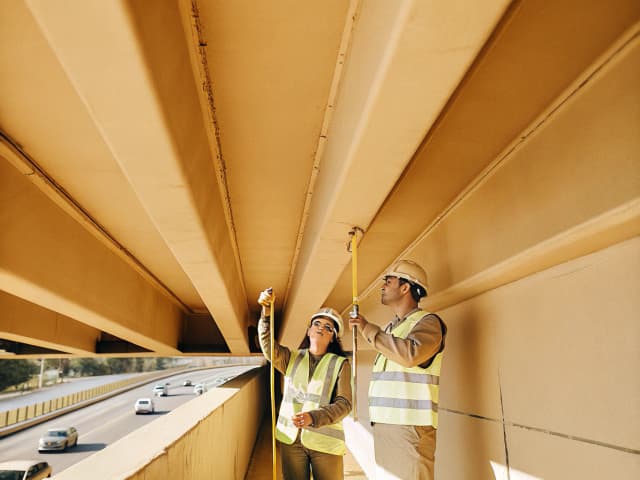
Department of Transportation: report: state highway system: safety enhancements.
Establishes a new DOT reporting requirement to evaluate streamlining safety project delivery. Requires analysis of timing, delivery methods, authority, coordination, and initiatives. Sets due date of January 1, 2027 and repeal of the section on January 1, 2031. Limits the report to available data, forbids new duties, and provides no new funding.
Department of Transportation: report: state highway system: safety enhancements.

Establishes a new DOT reporting requirement to evaluate streamlining safety project delivery. Requires analysis of timing, delivery methods, authority, coordination, and initiatives. Sets due date of January 1, 2027 and repeal of the section on January 1, 2031. Limits the report to available data, forbids new duties, and provides no new funding.
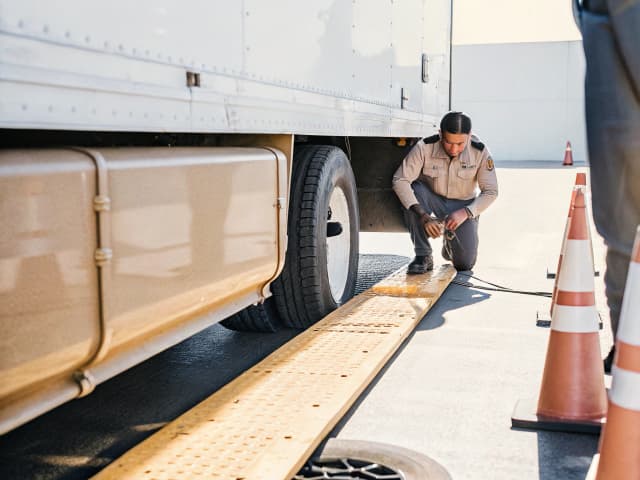
Transportation: omnibus bill.
Makes technical changes to conform to updated transportation governance.
Transportation: omnibus bill.

Makes technical changes to conform to updated transportation governance.

Transportation network companies: insurance coverage.
• Reduces uninsured and underinsured coverage to 60k per person and 300k per incident. • Requires the transportation network company to maintain the coverage. • Adds reporting on accidents and UIM claims due by Feb 1, 2026 and rider fares by Feb 1, 2027. • Operative only if AB 1340 is enacted by January 1, 2026.
Transportation network companies: insurance coverage.

• Reduces uninsured and underinsured coverage to 60k per person and 300k per incident. • Requires the transportation network company to maintain the coverage. • Adds reporting on accidents and UIM claims due by Feb 1, 2026 and rider fares by Feb 1, 2027. • Operative only if AB 1340 is enacted by January 1, 2026.
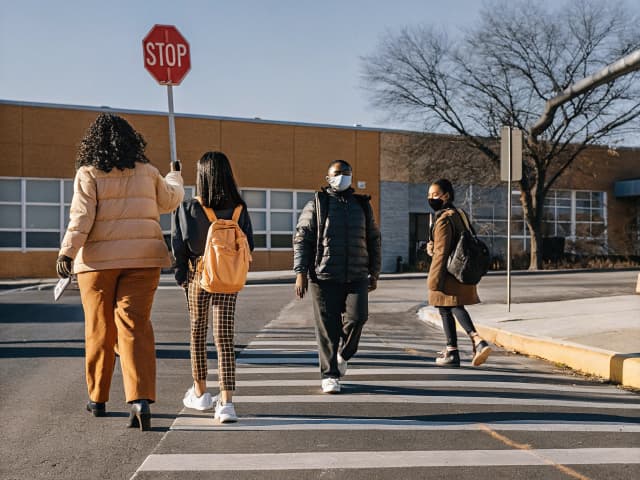
Pedestrian safety: school zones: speed limits.
Authorizes a 20 mph school-zone limit by local authority through 2031, then with sign rules. Adds a 15 mph option near schools when engineering survey justifies and signs are erected. Defines school zone as within 500 feet of school grounds and sets sign-distance rules for limits. Strengthens enforcement with radar training, device calibration, and cost reimbursements.
Pedestrian safety: school zones: speed limits.

Authorizes a 20 mph school-zone limit by local authority through 2031, then with sign rules. Adds a 15 mph option near schools when engineering survey justifies and signs are erected. Defines school zone as within 500 feet of school grounds and sets sign-distance rules for limits. Strengthens enforcement with radar training, device calibration, and cost reimbursements.
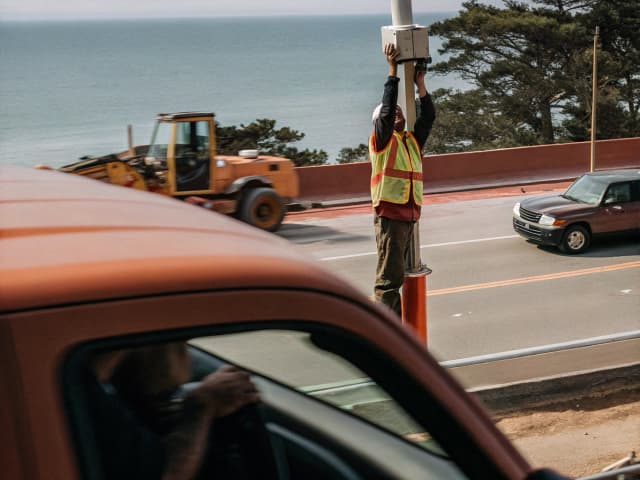
State highway work zone speed safety program.
Establishes a state highway work zone speed safety program with up to 35 systems. Requires a 30-day public information campaign and initial 60-day warning notices. Imposes tiered penalties and funds enforcement via CHP in construction and maintenance zones. Keeps data confidential, limits access, and requires guidelines with public review.
State highway work zone speed safety program.

Establishes a state highway work zone speed safety program with up to 35 systems. Requires a 30-day public information campaign and initial 60-day warning notices. Imposes tiered penalties and funds enforcement via CHP in construction and maintenance zones. Keeps data confidential, limits access, and requires guidelines with public review.
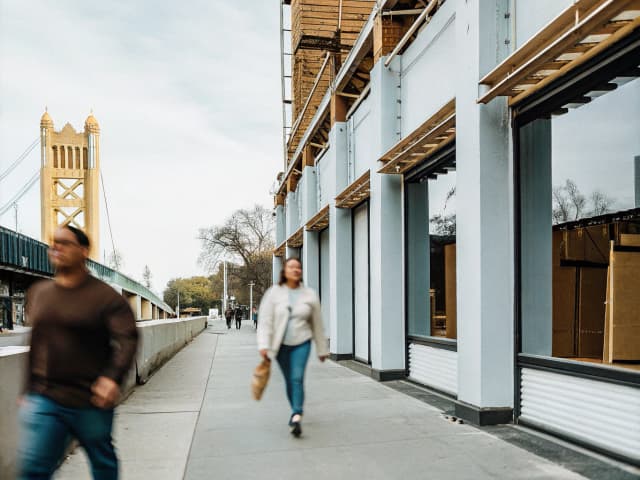
Enhanced infrastructure financing districts: California Capital City Downtown Revitalization Act.
Establishes a downtown revitalization district in Sacramento to fund public improvements. Authorizes Sacramento formation and opt-in by entities; operative only if SB 5 is enacted. Allows acceptance of state funds for district activities with voter approval and an adopted plan. Allocates taxes first to affected entities; excess to district; funds revert on dissolution.
Enhanced infrastructure financing districts: California Capital City Downtown Revitalization Act.

Establishes a downtown revitalization district in Sacramento to fund public improvements. Authorizes Sacramento formation and opt-in by entities; operative only if SB 5 is enacted. Allows acceptance of state funds for district activities with voter approval and an adopted plan. Allocates taxes first to affected entities; excess to district; funds revert on dissolution.
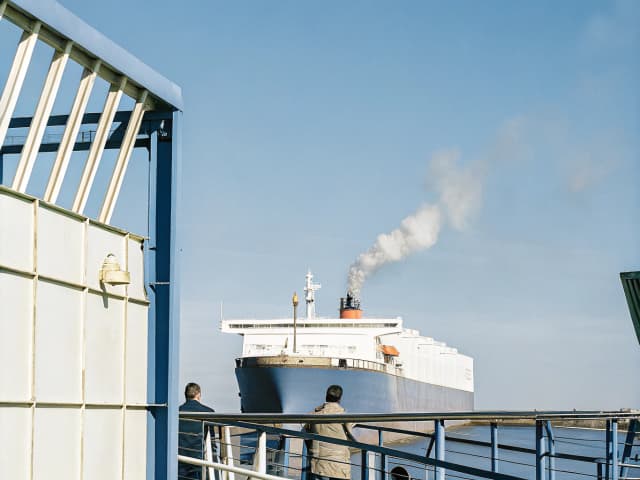
Transit operators: paratransit: recertification of eligibility.
Establishes a streamlined recertification process for paratransit eligibility to standardize reviews. Requires transit operators to establish the streamlined process by January 1, 2027 and use it by June 1, 2027. Defines eligible persons as permanently disabled with no expected fixed-route access improvement. Allows contracting the recertification while the operator retains final eligibility decisions.
Transit operators: paratransit: recertification of eligibility.

Establishes a streamlined recertification process for paratransit eligibility to standardize reviews. Requires transit operators to establish the streamlined process by January 1, 2027 and use it by June 1, 2027. Defines eligible persons as permanently disabled with no expected fixed-route access improvement. Allows contracting the recertification while the operator retains final eligibility decisions.
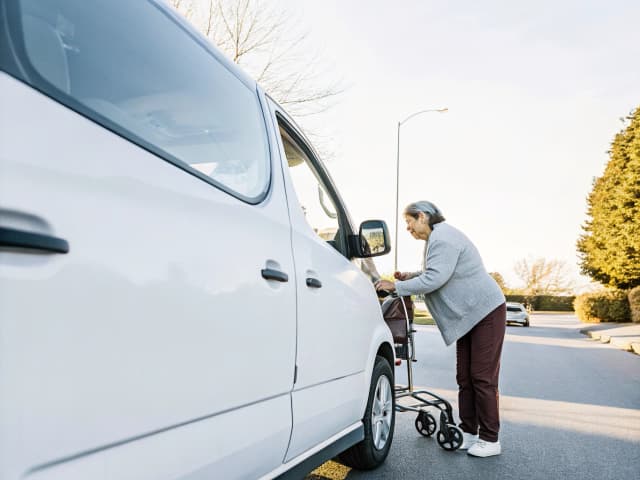
Public Utilities Commission.
Requires the PUC to report attendance at hearings by type and industry. Establishes a WAV accessibility program funded by per-trip fees on TNC trips. Imposes a $0.05 per-trip charge with exemptions for WAV service levels and offsets for investments. Creates a continuously appropriated Access Fund for WAV programs with a 2032 sunset.
Public Utilities Commission.

Requires the PUC to report attendance at hearings by type and industry. Establishes a WAV accessibility program funded by per-trip fees on TNC trips. Imposes a $0.05 per-trip charge with exemptions for WAV service levels and offsets for investments. Creates a continuously appropriated Access Fund for WAV programs with a 2032 sunset.
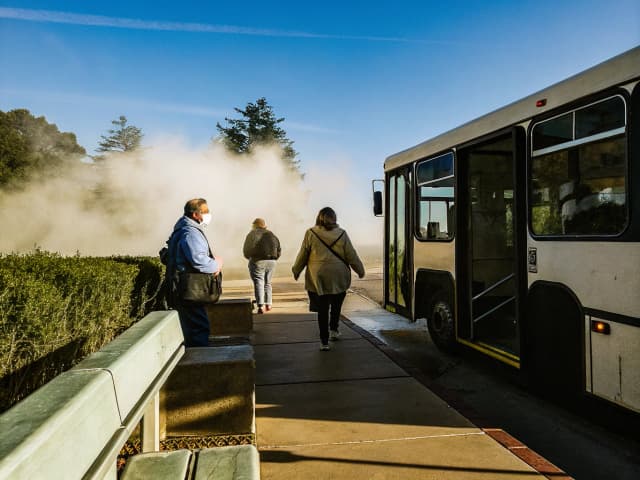
Monterey-Salinas Transit District: sales and special taxes.
Prohibits new sales or special tax ballot measures after 2025. Allows a standard retail TUT by two-thirds board vote and voter approval. Creates a 0.25% TUT for transportation with two-thirds board approval and voter approval. Excludes the 0.25% TUT from the county cap and provides a 2035 sunset if not approved.
Monterey-Salinas Transit District: sales and special taxes.

Prohibits new sales or special tax ballot measures after 2025. Allows a standard retail TUT by two-thirds board vote and voter approval. Creates a 0.25% TUT for transportation with two-thirds board approval and voter approval. Excludes the 0.25% TUT from the county cap and provides a 2035 sunset if not approved.

Enhanced infrastructure financing districts and community revitalization and investment areas: allocation of taxes: agricultural land exclusion.
Excludes Williamson Act and farmland security zone taxes from district allocations. Keeps exemption for canceled or nonrenewed farmland until the next equalized assessment or rezoning. Requires both SB 5 and SB 516 to be enacted with SB 5 enacted last. Applies to both enhanced infrastructure financing districts and community revitalization plans.
Enhanced infrastructure financing districts and community revitalization and investment areas: allocation of taxes: agricultural land exclusion.

Excludes Williamson Act and farmland security zone taxes from district allocations. Keeps exemption for canceled or nonrenewed farmland until the next equalized assessment or rezoning. Requires both SB 5 and SB 516 to be enacted with SB 5 enacted last. Applies to both enhanced infrastructure financing districts and community revitalization plans.
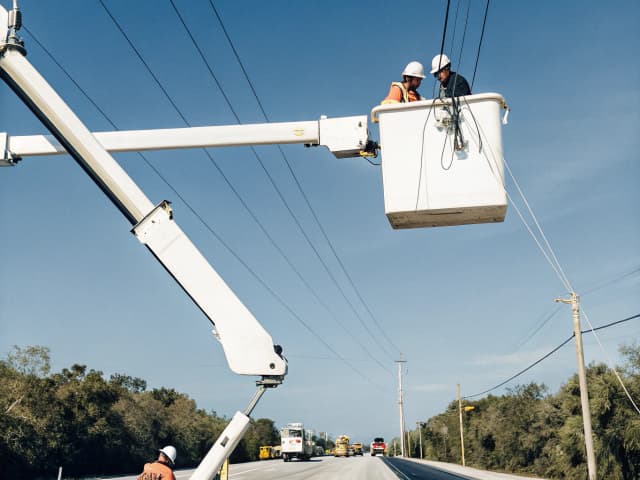
State highways: encroachment permits: relocating or removing encroachments: public utility districts: County of Mendocino.
Shifts encroachment relocation costs to Caltrans for Mendocino PUDs with five thousand ratepayers. Creates a sunset that ends the shift on January 1, 2031. Requires Caltrans to notify the affected PUD at each project stage. Keeps the rule that other permittees bear relocation costs and waivers for exclusive transit.
State highways: encroachment permits: relocating or removing encroachments: public utility districts: County of Mendocino.

Shifts encroachment relocation costs to Caltrans for Mendocino PUDs with five thousand ratepayers. Creates a sunset that ends the shift on January 1, 2031. Requires Caltrans to notify the affected PUD at each project stage. Keeps the rule that other permittees bear relocation costs and waivers for exclusive transit.
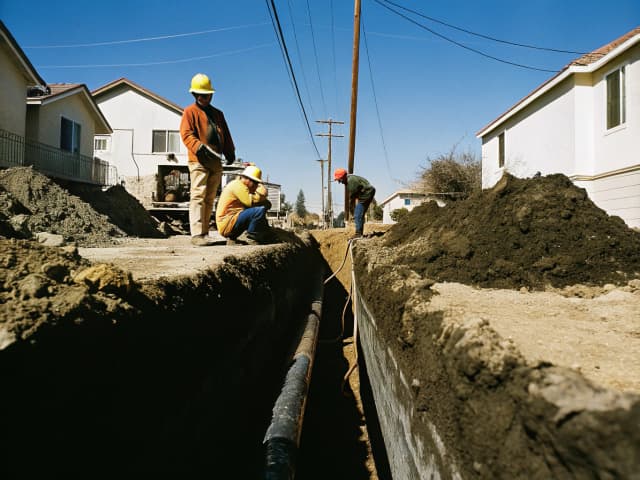
Enhanced infrastructure financing district: climate resilience districts.
Authorizes cities to create special financing districts for rebuilding areas damaged by declared disasters. Requires districts to use funds only for disaster repairs, risk mitigation, and economic recovery projects. Mandates public meetings and 30-day review periods before districts can be established. Limits adjacent non-disaster areas to 20% of total district territory.
Enhanced infrastructure financing district: climate resilience districts.

Authorizes cities to create special financing districts for rebuilding areas damaged by declared disasters. Requires districts to use funds only for disaster repairs, risk mitigation, and economic recovery projects. Mandates public meetings and 30-day review periods before districts can be established. Limits adjacent non-disaster areas to 20% of total district territory.

Local Transportation Authority and Improvement Act: Sacramento Transportation Authority.
Establishes the Sacramento Transportation Authority to fund local transportation. Authorizes a transportation sales tax in part of Sacramento County with voter approval. Allows bonds to finance toll facilities using toll revenue or other funds. Requires local approvals, primary benefit to taxed area, a 5% cap, and pre-2026 tax exemption.
Local Transportation Authority and Improvement Act: Sacramento Transportation Authority.

Establishes the Sacramento Transportation Authority to fund local transportation. Authorizes a transportation sales tax in part of Sacramento County with voter approval. Allows bonds to finance toll facilities using toll revenue or other funds. Requires local approvals, primary benefit to taxed area, a 5% cap, and pre-2026 tax exemption.
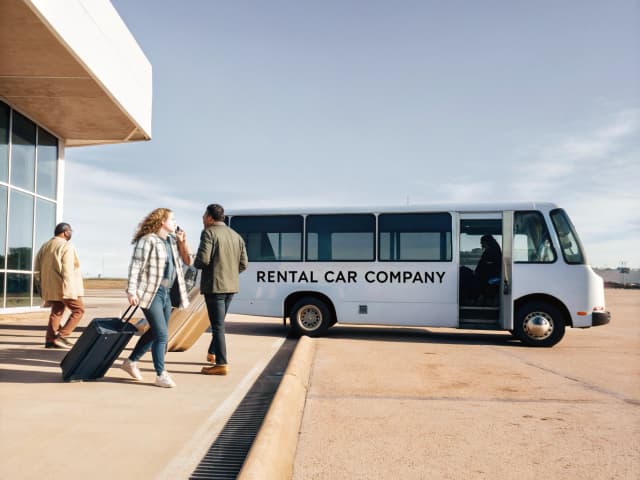
Local agencies: airports: alternative customer facility charges.
Increases the maximum daily airport rental car facility fee from $9 to $12 starting January 2026. Authorizes airports to use rental car fees for major maintenance of consolidated rental facilities. Requires airports to post annual reports showing fee collection amounts and spending details. Limits fee collection to five days maximum per rental contract.
Local agencies: airports: alternative customer facility charges.

Increases the maximum daily airport rental car facility fee from $9 to $12 starting January 2026. Authorizes airports to use rental car fees for major maintenance of consolidated rental facilities. Requires airports to post annual reports showing fee collection amounts and spending details. Limits fee collection to five days maximum per rental contract.
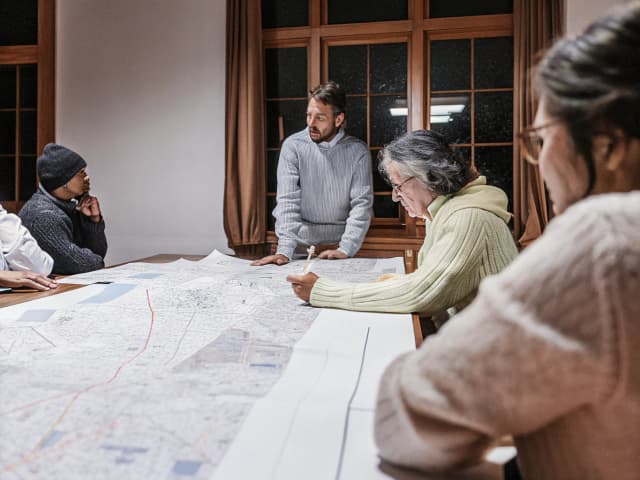
Local finance: enhanced infrastructure financing districts: community revitalization and investment authorities.
Makes technical changes to streamline notice requirements and procedures for community revitalization authorities.
Local finance: enhanced infrastructure financing districts: community revitalization and investment authorities.

Makes technical changes to streamline notice requirements and procedures for community revitalization authorities.
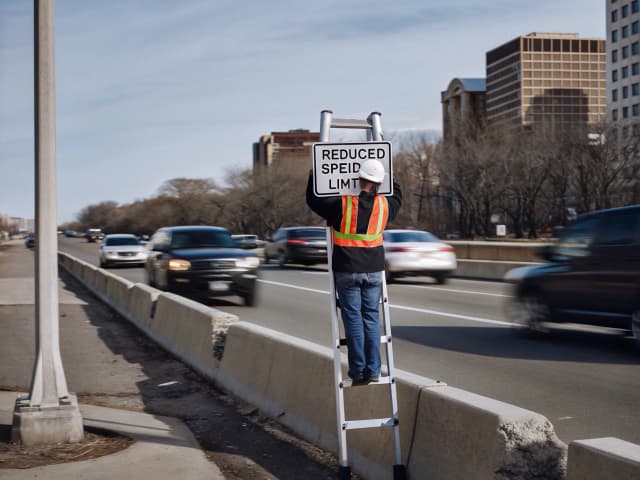
Traffic safety: speed limits.
Authorizes state transportation officials to lower speed limits on highways near recreation areas and business districts. Allows speed limits to be reduced up to 12.4 miles per hour below the measured 85th percentile speed. Requires a 30-day warning period before full enforcement of any new lower speed limit. Permits 20-25 mph speed limits in business districts that meet specific pedestrian-focused criteria.
Traffic safety: speed limits.

Authorizes state transportation officials to lower speed limits on highways near recreation areas and business districts. Allows speed limits to be reduced up to 12.4 miles per hour below the measured 85th percentile speed. Requires a 30-day warning period before full enforcement of any new lower speed limit. Permits 20-25 mph speed limits in business districts that meet specific pedestrian-focused criteria.
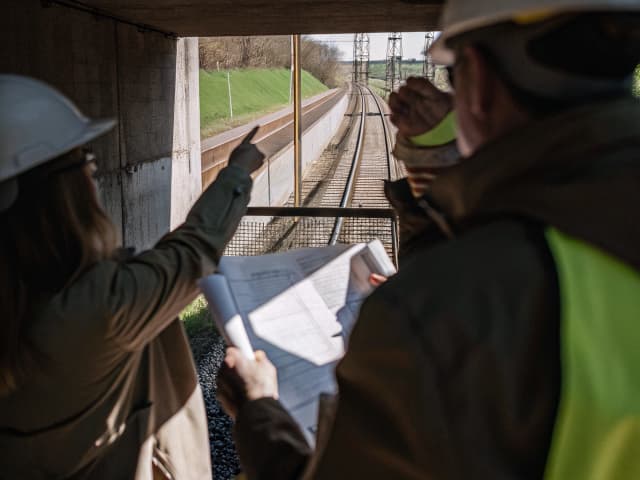
Railroad crossings: permit applications: review.
Establishes new requirements for railroad crossing permit applications to streamline the approval process. Creates an expedited review process for uncontested railroad crossing applications with clear public benefit. Requires detailed documentation including location plans, maps, and safety measures for all crossing applications. Mandates public notice and stakeholder input for all railroad crossing application reviews.
Railroad crossings: permit applications: review.

Establishes new requirements for railroad crossing permit applications to streamline the approval process. Creates an expedited review process for uncontested railroad crossing applications with clear public benefit. Requires detailed documentation including location plans, maps, and safety measures for all crossing applications. Mandates public notice and stakeholder input for all railroad crossing application reviews.

Vehicle removal.
Authorizes police to remove unlicensed electric vehicles capable of exceeding 20 mph on highways. Allows cities to charge vehicle owners for the actual costs of removal, seizure, and storage. Requires a minimum 48-hour hold period before releasing seized vehicles to owners. Mandates safety training completion before releasing certain seized electric bicycles.
Vehicle removal.

Authorizes police to remove unlicensed electric vehicles capable of exceeding 20 mph on highways. Allows cities to charge vehicle owners for the actual costs of removal, seizure, and storage. Requires a minimum 48-hour hold period before releasing seized vehicles to owners. Mandates safety training completion before releasing certain seized electric bicycles.
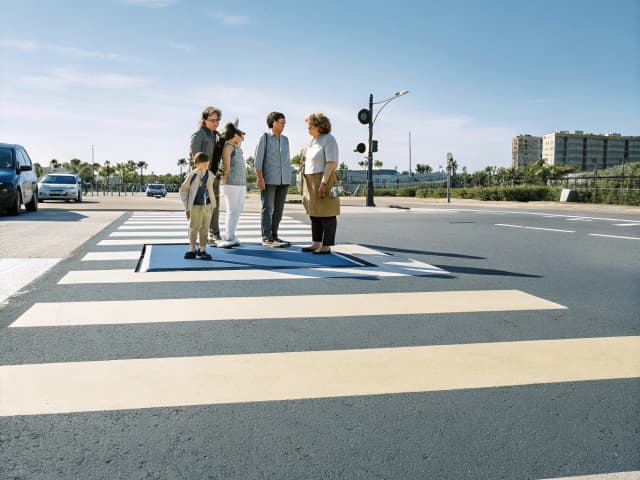
Pedestrian crossing signals.
Requires state-owned traffic signals to install touch-free pedestrian crossing systems for visually impaired users. Mandates leading pedestrian intervals at crosswalks in residential areas, business districts, and school zones. Establishes a database to track and coordinate traffic signal upgrades between state and local agencies. Requires local agencies to report implementation of pedestrian safety features at state-owned signals.
Pedestrian crossing signals.

Requires state-owned traffic signals to install touch-free pedestrian crossing systems for visually impaired users. Mandates leading pedestrian intervals at crosswalks in residential areas, business districts, and school zones. Establishes a database to track and coordinate traffic signal upgrades between state and local agencies. Requires local agencies to report implementation of pedestrian safety features at state-owned signals.
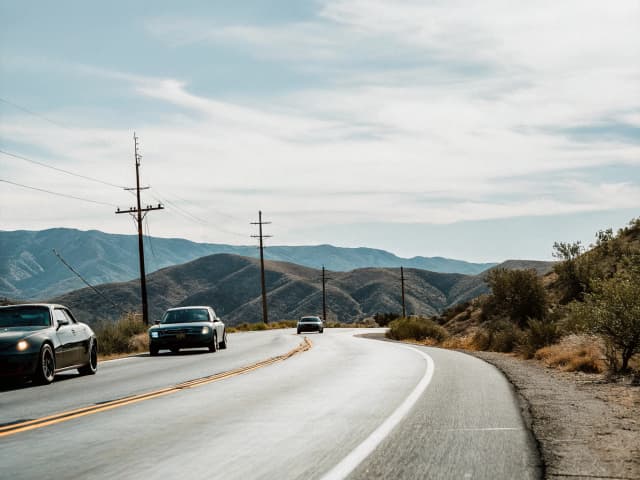
Route 76: Payómkawish Highway.
Designates portions of Route 76 in San Diego County as the Payómkawish Highway to honor Luiseño heritage. Requires the Department of Transportation to install special designation signs along the highway. Mandates that all signage costs must be covered by donations from non-state sources. Recognizes the 10,000-year history of Luiseño people's connection to the San Luis Rey Valley region.
Route 76: Payómkawish Highway.

Designates portions of Route 76 in San Diego County as the Payómkawish Highway to honor Luiseño heritage. Requires the Department of Transportation to install special designation signs along the highway. Mandates that all signage costs must be covered by donations from non-state sources. Recognizes the 10,000-year history of Luiseño people's connection to the San Luis Rey Valley region.